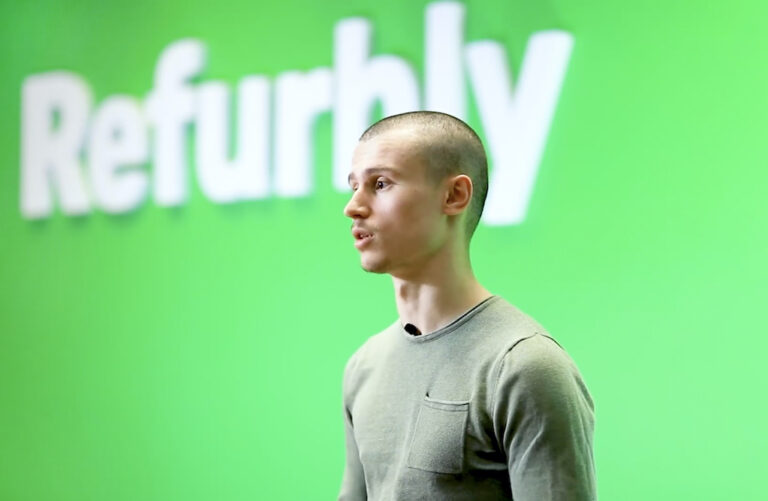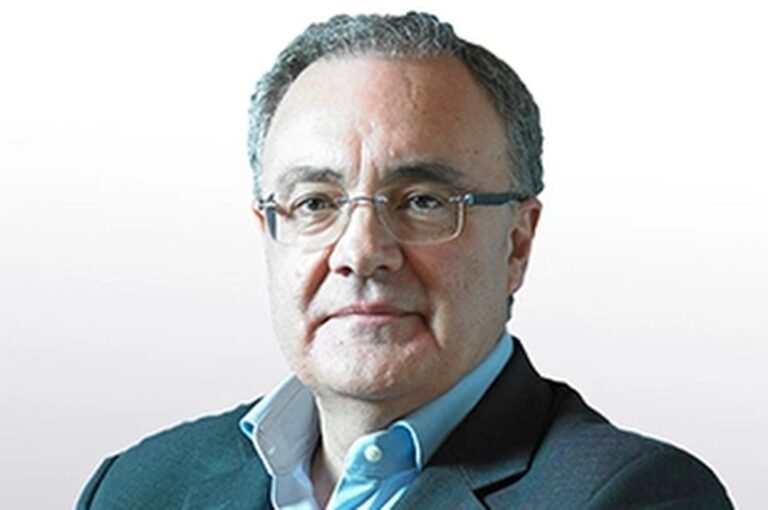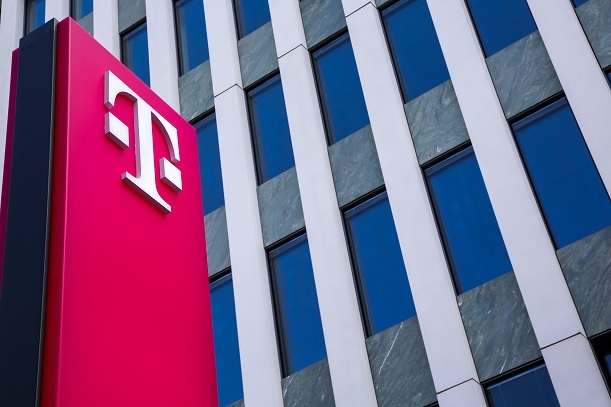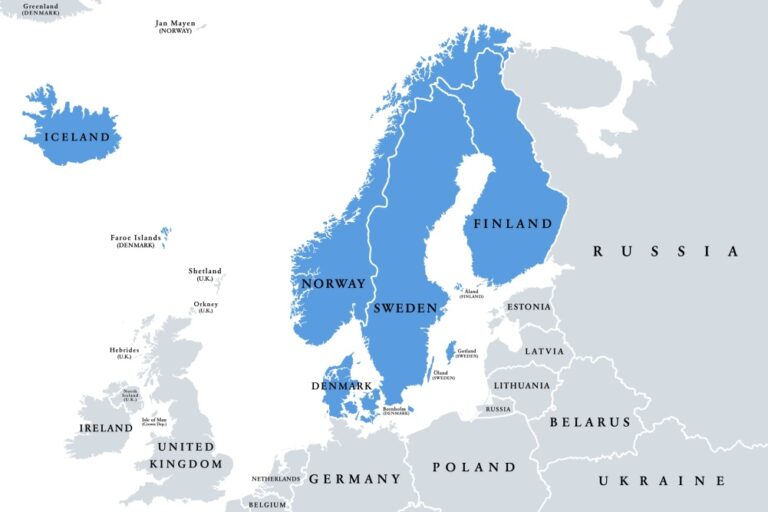As the global economic crisis deepens, telcos that fail to respond face a sharp decline in profitability
Consultancy firm Kearney predicts that as inflation passing 9% in many countries, unresponsive telcos could lose up to 6 percentage points of earnings before interest, tax and amortisation (EBITDA). If the inflation trend continues, the situation is likely to get worse, Kearney says, resulting in even bigger drops in profitability.
Rising energy costs are an important factor and are at an all-time high in Europe and networks account for 2 to 3% of energy use globally and so are exposed to price fluctuations, says Andy Walker, Senior MD and Global Communications and Media Industry Lead at Accenture.
Increased costs
Last year, Vodafone said it was facing an additional €300 million in energy costs and warned of price rises. Several operators are protecting themselves via hedges and power purchase agreements – a factor which, according to S&P Global Market Intelligence, helped the industry in Europe largely insulate itself from surging electricity costs in 2022.
Surging labour costs will also have an inflationary impact, says Kevin Billings, Director and Industry Principal for Communications at Pegasystems.He says becoming more efficient by digitally transforming in-house operations and spreading costs “will be critical” for telecoms operators.
Increased costs can hit all areas of operators’ businesses including the networks, call centres and retail stores. At the same time, within the supply chain, the cost of network equipment, handsets and transportation is soaring. This is worse in the UK because it manufactures very little equipment locally, says John Burton, CEO of MDS Global. “The COVID lockdowns in China are interfering with manufacturing, which is also driving up costs.”
Operators are also in the throes of building advanced networks, which require heavy investment. “They have to build 5G; they have to roll out fibre across their footprints – and that’s expensive,” Walker says. “It puts service providers in a really tough spot, so they need to look at where the opportunities lie and make some smart moves.”
Squeezed margins
Operators often bake inflationary increases into contracts, but this is unlikely to cover all costs, says Burton. “They can increase fees in line with inflation so revenues will likely go up in the short term. However, this may not cover all costs and vendors will find their margins further squeezed as operators seek to reduce costs from the supply side.”
At the same time, consumers are starting to cut back, for example not upgrading their handsets as often. This will leave mobile operators needing to further monetise services, says Kester Mann, Director, Consumer and Connectivity, at analysts CCS Insight. “They are getting more clever with packages and upselling and content”, he says citing the example of EE’s cyber security services.
Industry consolidation could also be affected by rising living costs, says Mann. “We could start to see more sympathy of regulators for mergers, but cost of living could work against the operators, if competition authorities decide mergers could mean higher prices.”
This is something that will be front of mind for the latest mobile operators to announce plans to merge, Three UK and Vodafone UK. With 4G and 5G use still increasing, mobile networks operators must invest, says Iain Milligan, Chief Network Officer, Three UK.
“Regulatory obligations, such as the removal of high-risk vendor equipment, compliance with the UK Telecoms Security Act and continued Shared Rural Network roll-out will also increase costs,” adds Milligan.
Unsurprisingly, given its merger plans, Three UK is calling for consolidation in the market: “Scale would prevent mobile operators from having to make tough investment decisions and allow them to continue on all fronts, generating innovation and growth in the market,” Milligan adds.
The rise of MVNOs and sub-brands?
As tough conditions continue, rising costs will filter down to consumers. “The future looks likely to present continued cost increases,” says Burton, adding that this could see more consumers moving to low cost mobile operators.
“This may trigger additional marketing investment in operator sub-brands, more innovation in propositions or even additional consolidation and acquisition of low cost MVNO brands by their host operators,” Burton predicts.
Taking this into account, the future “won’t be a walk in the park”, says Walker, However, there are areas where operators can drive growth, he says. “In the consumer space, there is an opportunity to use their ecosystem and data better to create a greater set of products and services.”
Growth opportunities
At the same time, he says, the SMB market is “still ripe for the picking”, adding that small companies “are in dire need of technology services and support including packaged connectivity, technology services and software”.
Meanwhile, Walker points to an opportunity in the enterprise: “Every major company in the world uses telco services but while it was historically about having desk phones, they are pivoting their businesses to provide advanced products and services, utilising new methods of connectivity.”
He cites the example of the manufacturing sector. “Some plants are now almost entirely fully automated leveraging 5G and IoT, providing operational efficiencies and safer working environments.”
As 2023 kicks off, conditions will continue to be challenging but one thing is certain: Operators need to accelerate plans to become more agile to succeed in this complex environment. “Operators are trying to become more streamlined, efficient and agile but they have historically been quite bloated,” Mann says.
He predicts more acceleration around strategies to lower overheads and better run without as much legacy cost. “It’ll be a tough year ahead with a lot of pressure as costs are under the microscope. The mobile operators that rise to this could be the winners in this environment.”












